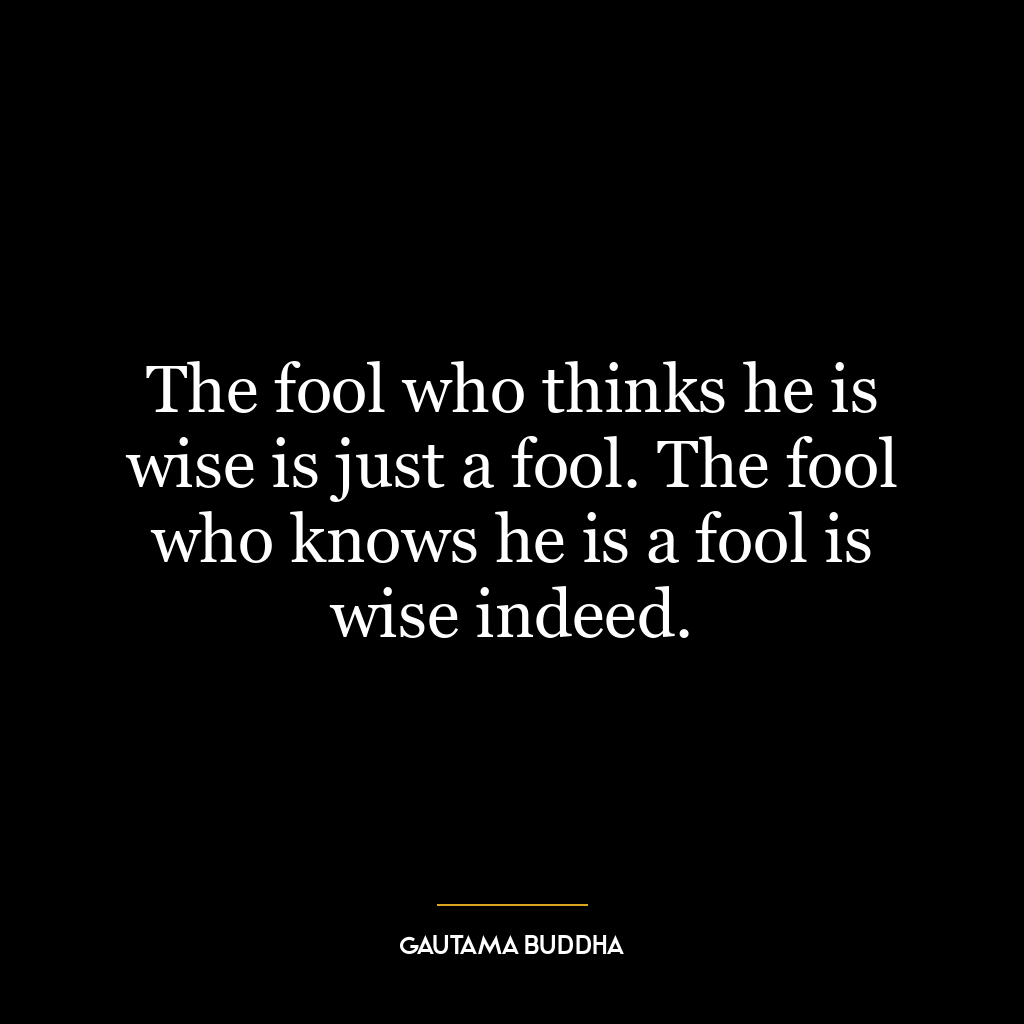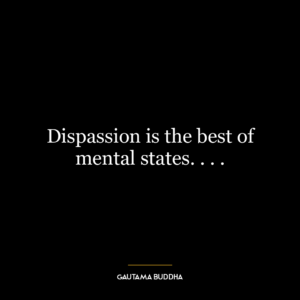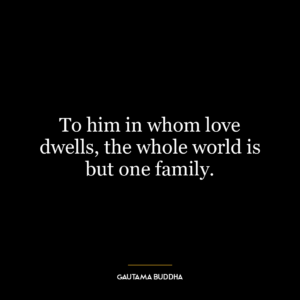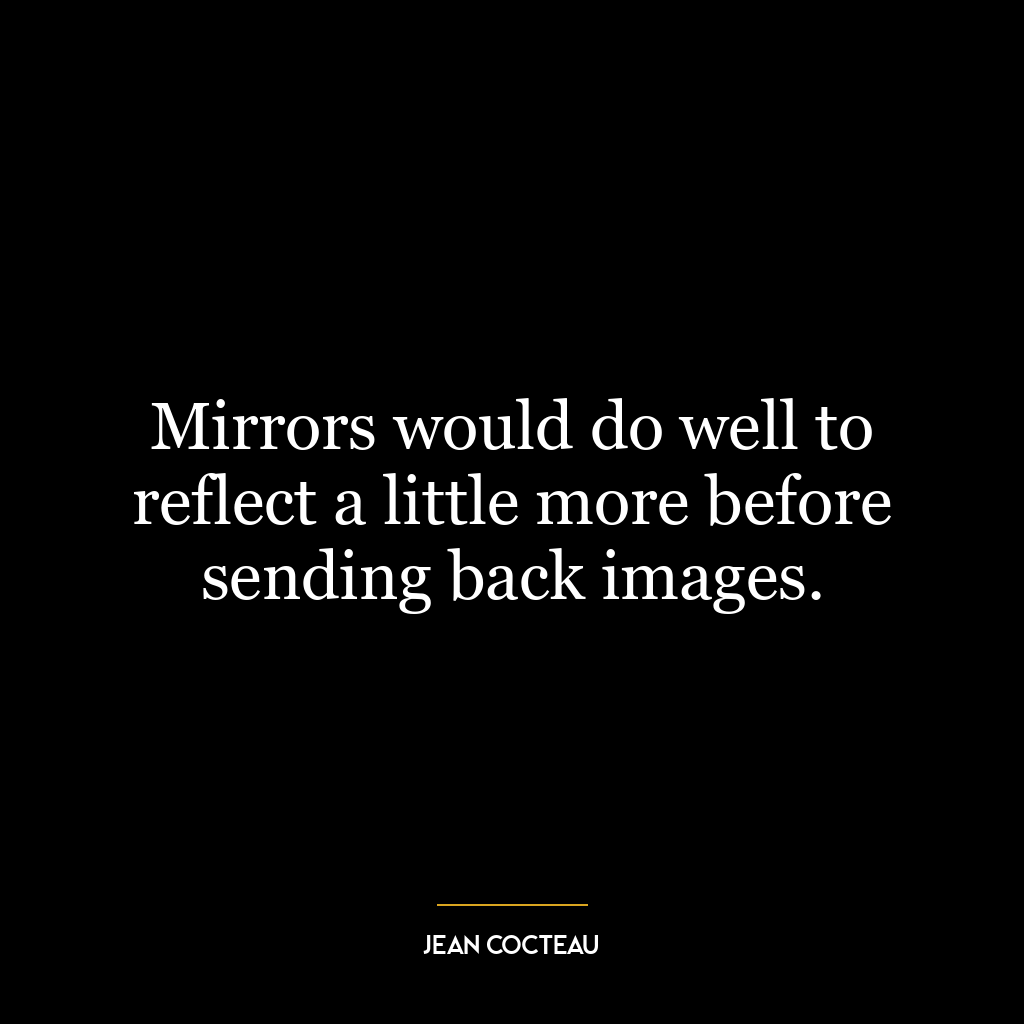The fool who thinks he is wise is just a fool. The fool who knows he is a fool is wise indeed.
This quote by Gautama Buddha speaks to the importance of self-awareness and humility in the pursuit of wisdom. When a person mistakenly believes they are wise, they close themselves off to learning and growth because they think they already know everything there is to know. This person is referred to as a fool not because of their lack of knowledge, but because of their refusal or inability to recognize it.
On the other hand, an individual who acknowledges their own ignorance or foolishness is on the path towards true wisdom. By recognizing what they do not know, these individuals open themselves up for continuous learning and improvement. They are wise indeed, not due to an abundance of knowledge but due to their willingness and ability to learn.
In today’s world, this idea can be applied in various contexts such as personal development, leadership roles or even social media interactions. For instance, in personal development one must acknowledge areas where growth is needed before any progress can be made – whether that’s admitting a lack of discipline leading to poor health habits or recognizing poor emotional regulation causing relationship issues.
For leaders in organizations or communities too; those who believe they already have all answers might fail at problem-solving since they won’t seek others’ opinions or consider alternative approaches. A leader who acknowledges his/her limitations though would encourage feedback from team members leading towards more effective solutions.
Even on social media platforms where everyone has access to share thoughts and opinions; people often present themselves as experts without proper understanding – contributing more towards misinformation than meaningful discourse. Recognizing our limited understanding about complex issues could lead us into more informed discussions with openness for learning from others’ perspectives.
Overall this quote emphasizes humility over arrogance; reminding us that true wisdom lies not in pretending we have all answers but acknowledging we don’t – thereby leaving room for constant growth and evolution through lifelong learning.















